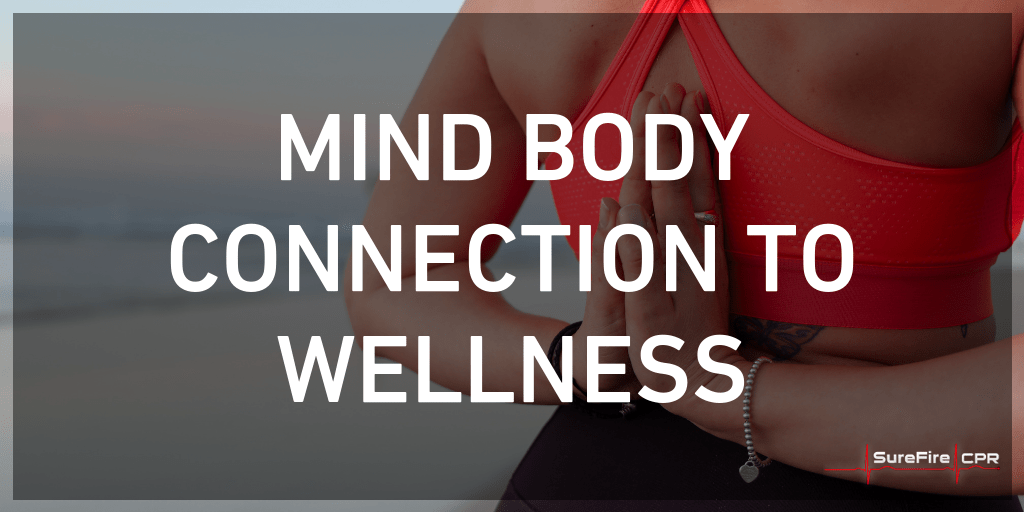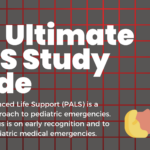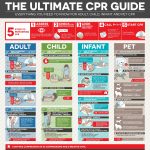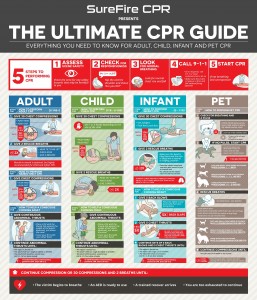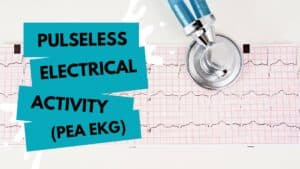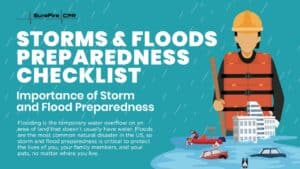A favorite quote is given by Natalie Goldberg, “Stress is an ignorant state. It believes everything is an emergency.”
While the premise is effective in making light about a chronic state of perceived stress, not all stress is bad. In fact, we need some types of stress to remain in a state of wellness. Taking that morning jog places stress on your heart, bones and muscles and strengthens them. Providing the added benefit of clearing emotional stress at the same time for some people is also possible with exercise.
Emotional Stress: Here’s What You Need to Know
It is the emotional stress that wreaks havoc with most of us and the kind of stress referred to by Goldberg in her statement above. This is the kind of stress that creates a shift in our physiology to the “fight-or-flight” status, releasing adrenaline, increasing heart and respiration rates and shunting blood to muscles ready to react. Not a problem if the state of “alert” stress created is only short lived. However, for those who perceive their life events as a constant negative stressor, remaining in this heightened physiological state can actually cause harm and illness over time.
Emotional stress sometimes causes ongoing anxiety, memory lapses and fatigue. It may also cause a person to avoid everyday activities that he or she previously enjoyed, such as socializing with family members and friends. Emotional stress may even cause mood swings, as well as various long-term health problems.
Heart disease, obesity, high blood pressure, insomnia, mental disorders and addictive behaviors are a few of the side effects found with long-term negative stressors. Not everyone perceives the same events as stressful, so the triggers may not always be easily defined. In fact, many of us who think we have a handle on our life situations and are certain we are dealing with stress easily may one day awaken to chest pain or unexpected weight gain. “Tension headache” is a common term used to define a recognized side-effect of long-term stress.
How to Cope with Emotional Stress
Stress management strategies often help people cope with emotional stress, and these strategies include:
- Maintain a healthy diet. Sugary snacks, dairy products and other foods and beverages sometimes provide an emotional boost, but this boost is only temporary. Instead, eat foods loaded with protein, vitamins and fiber, as these foods have been shown to help people stay happy and healthy. You should also eat regular meals and snacks throughout the day to maintain a continuous fuel source to stabilize your mood.
- Get sufficient rest. National Sleep Foundation recommends adults between the ages of 26 and 64 get 7 to 9 hours of sleep per night. Also, sleep in a comfortable environment free of potential distractions and turn off all electronics before bedtime.
- Take a break. At the first signs of emotional stress, take a walk, meditate or engage in any other relaxing activity. That way, you can take a break from your emotional stress, refocus and return to everyday life feeling rejuvenated and refreshed.
Finding ways to cope with stress is as individualized as the trigger itself. Meditation and yoga may be just the thing for one person while an aggressive game of basketball may be the answer for another. It is up to each of us to identify the cause of negative emotional stress and the intervention to correct it.
Easier said than done, yes? There are options available to identify symptoms of stress beginning with a regular physical evaluation from your physician. Another consideration is to be prepared for events known to create stress. Finding a loved one or stranger in a sudden emergency is not a situation anyone chooses to find themselves in. However, life happens and so do emergencies as a result. Fortunately, this very stressful event can be prepared for and skills obtained through qualified teaching professionals can be gained. Basic life support and first aid training is available through Orange County CPR courses now available to the public. Included for health care professionals is pediatric advanced life support and advanced cardiac life support (ACLS classes).
Taking advantage of these opportunities to prepare for the inevitable stressful events of life helps to diminish the side effects of long-term stress. Finding your method for countering stress and taking courses such as those mentioned above is the first step to emotional wellness.
Zack Zarrilli is a Firefighter and the owner of SureFire CPR. His company is comprised of Firefighters, Paramedics, Lifeguards, and EMTs who teach hundreds of CPR, BLS, AED, and First Aid classes every year. SureFire CPR’s instructors teach from their own real-world experience and specialize in on-site CPR and First Aid training in all of Southern California.
Did you find the above article useful? If so, for more information or to take a class, please visit us at SureFireCPR.com or call us at 888-277-3143. SureFire CPR currently offers CPR classes in Orange County, Los Angeles County, San Diego County, San Francisco, Riverside County, and the Inland Empire.

